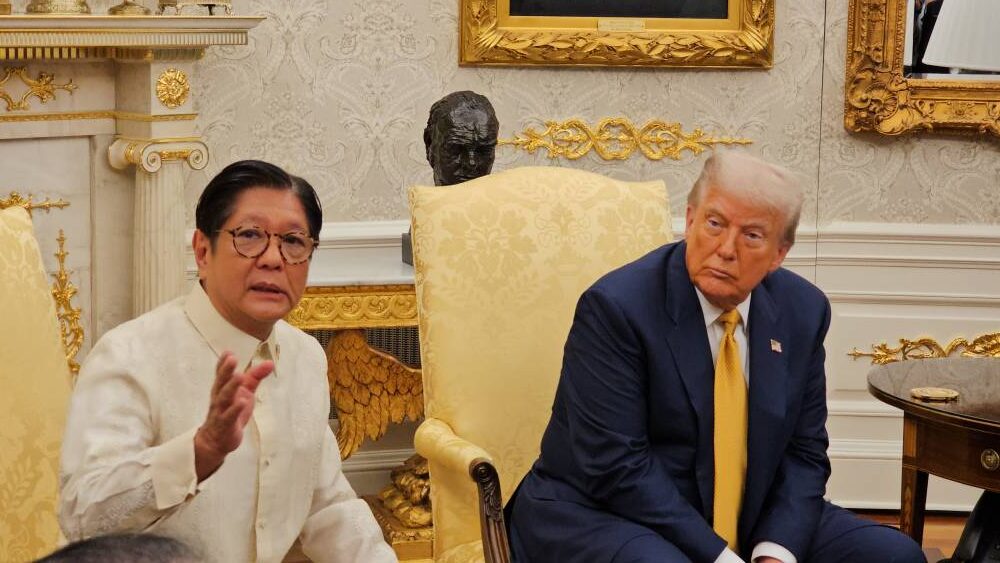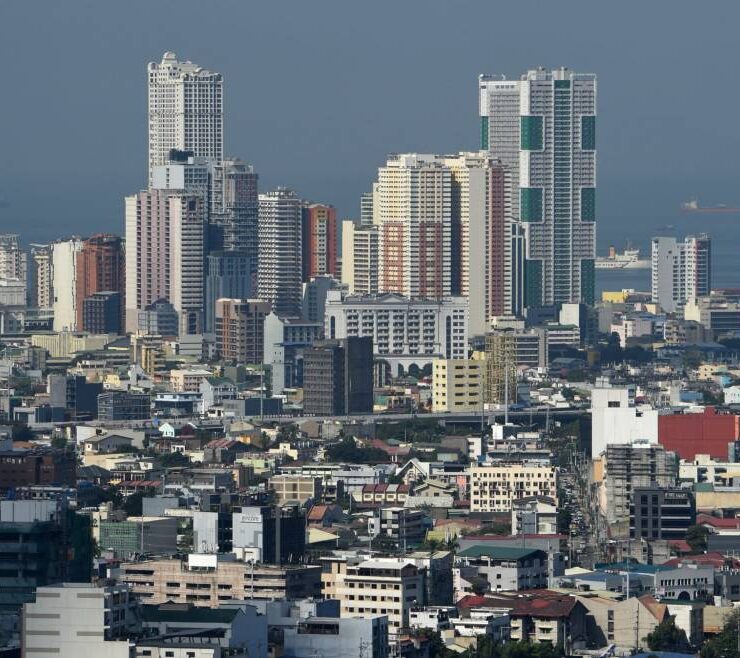BMI: Trump pressure to test Marcos’ tech tax

The Marcos administration may need to exempt US tech companies from the 12 percent digital value-added tax (VAT) to avoid the higher tariffs that President Donald Trump has threatened to impose on countries seen as “discriminating” against American providers.
In a note to clients, BMI, a unit of the Fitch Group, said the Philippines may have to move as the higher US levies could hurt the economy. Such an outcome, in turn, could hit government revenues and worsen its budget deficit.
“Trump has threatened to raise tariffs against countries which levy digital taxes, and Manila may well have to water down its 12 percent digital VAT by exempting US firms for instance,” BMI said.
Regulations
“Otherwise, higher tariffs would weigh further still on the economy and depress collections further,” it added.
Recall that Trump had warned that he would impose tariffs and restrict exports to countries that he says are unfairly singling out US technology giants such as Google, Meta, Amazon and Apple through their taxes and regulations.
Republic Act No. 12023 mandates the imposition of VAT on foreign digital service providers for services consumed within the country. President Marcos signed the legislation into law on Oct. 2, 2024.
The Department of Finance earlier said the VAT levels the playing field between local and foreign digital service providers. From 2025 to 2029, the estimated revenues to be collected from the measure amount to around P102.12 billion.
It is still unclear how big is the impact of a potential VAT exemption for US tech giants to government revenues. The Marcos administration is targeting total receipts of P4.98 trillion this year, or equivalent to 16.2 percent of gross domestic product (GDP).
This year, the government plans to borrow P2.6 trillion from lenders to plug a projected budget deficit of P1.6 trillion, equivalent to 5.5 percent of GDP. The drive is expected to push the debt stock to P17.36 trillion by year’s end.
Looking ahead, BMI said a look into the P6.793-trillion proposed budget for next year shows that the state will likely overshoot its 2026 deficit target of 5.3 percent of GDP by 0.1 percent to 5.4 percent.
“While the Philippine government in recent years has underestimated revenue collections, it has underestimated spending even more,” the Fitch unit said.
“Since the Marcos administration began in 2022, the government has overshot both its revenue and expenditure targets, the latter to a larger degree than the former,” it added.





















